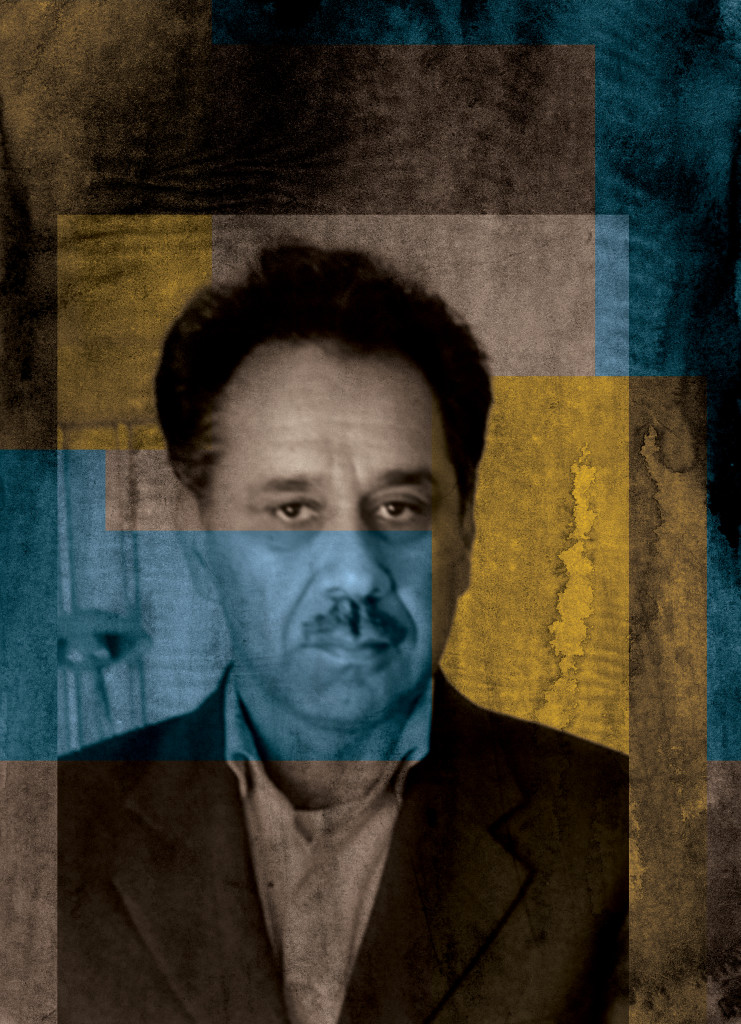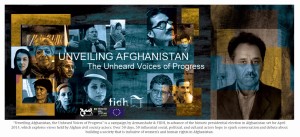Ahmad Wali Massoud is a prominent Afghan politician and head of the Massoud Foundation. He is the younger brother of Ahmad Shah Massoud, the well-known resistance figure against the Soviet occupation and the Taliban who was assassinated by al-Qaeda operatives two days before September 11, 2001. Ahmad Wali Massoud has been Afghan Ambassador to the UK, and Special Representative of Ahmad Shah Massoud in Europe. He was the government spokesman in Kabul after the fall of the Taliban regime. He obtained a Masters in Diplomatic Studies from Westminster University, London in 1989.
Can you give an example of a human rights violation that has directly impacted your life?
I was studying at the Esteqlal School, a prestigious Franco-Afghan school in Kabul, at the time of the Soviet occupation. I had to drop out of school and return to my home province of Panjshir. I couldn’t go to school for years because of the war.
What are some important achievements in Afghanistan today?
The difference between today and 13 years ago is like that of day and night. Most importantly, a new system of governance has emerged in the country, based on modern principles, such as separation of powers, democracy, human rights and citizenship. We are looking hopefully towards the upcoming presidential election to bring further positive changes to Afghanistan.
What gives you hope for the future?
The awakening of the youth gives me some confidence. Young people make up 70% of the population in Afghanistan. Their awakening holds great promise.
What do you fear most today?
I am concerned about the traditional and ethnic leaders. I worry they might seek to re-establish the political mafia and push the country back into crisis. They can stir up conflict and turbulence to hold onto power that they have illegitimately gained. These possibilities are unfortunately not yet out of the question for us.
What are the biggest challenges facing Afghanistan?
We haven’t done anything to nurture and keep our culture alive. Education is the best solution to this challenge.
The other challenge is a political one: our political system is still extremely fragile. We need to give attention to re-enforcing the foundations of the system and achieving political stability. Those who look to the past cannot plan our future. Our modern political system has nothing to do with the outdated, ethnic-centred mentality of traditional political leaders. We need to move away from politics based on ethnic divisions.
Will the present-day Afghanistan allow schools to once again be closed to girls and women to be excluded from society?
No! Women comprise half the population in Afghanistan. They would never allow it. They have established barriers of resistance and represent a strong force in the society. They will resist any regressive measures.
Can you give an example of a human rights violation suffered by a woman in your family?
One of my male relatives will not allow his daughters to go to school. He is stuck in the ways of the past.
What are some factors limiting women’s participation in social, economic, political and cultural spheres?
The dominant culture, inherited from years of war and confrontation, is one of the deterrent factors. Another is extreme poverty in Afghanistan. We know that poverty is the enemy of development: poor families cannot be expected to seek education for their children. Finally, the lack of knowledge and awareness about rights and responsibilities in society is the biggest obstacle to women’s participation.
What are three major changes women wish to see?
1. Improved access to education and knowledge;
2.Increased participation in politics and the economy;
3.The creation of a united platform for the defence of women’s rights in all areas of society.
What do you wish for your daughters?
I hope that they will make the most of their studies and stand on their own two feet. I wish that they will never need to depend on men to look after their needs, and that they will prove they can be even more useful than men in society.
What have you done, personally and professionally, to eliminate discrimination in your society?
We established the Massoud Foundation to challenge outdated ways of thinking and to open up knowledge for everyone. The Foundation engages directly with young people and hopes to create impact by changing belief structures.
Is there a specific message you wish to share with the world?
We only have this opportunity to build trust and shared values. We have to sit together and talk. I hope that we can use inter-Afghan talks, based on a national agenda to build sustainable peace and a bright future for Afghanistan.
“Unveiling Afghanistan, the Unheard Voices of Progress” is a campaign by Armanshahrand FIDH, which explores views held by Afghan civil society actors. Over 50 days, 50 influential social, political, and cultural actors hope to spark conversation and debate about building a society that is inclusive of women’s and human rights in Afghanistan.
Follow 50 interviews drawn from the “Unveiling Afghanistan campaign” daily on the Huffington Post.
Follow Unveiling Afghanistan on FIDH Twitter: www.twitter.com/fidh_en



